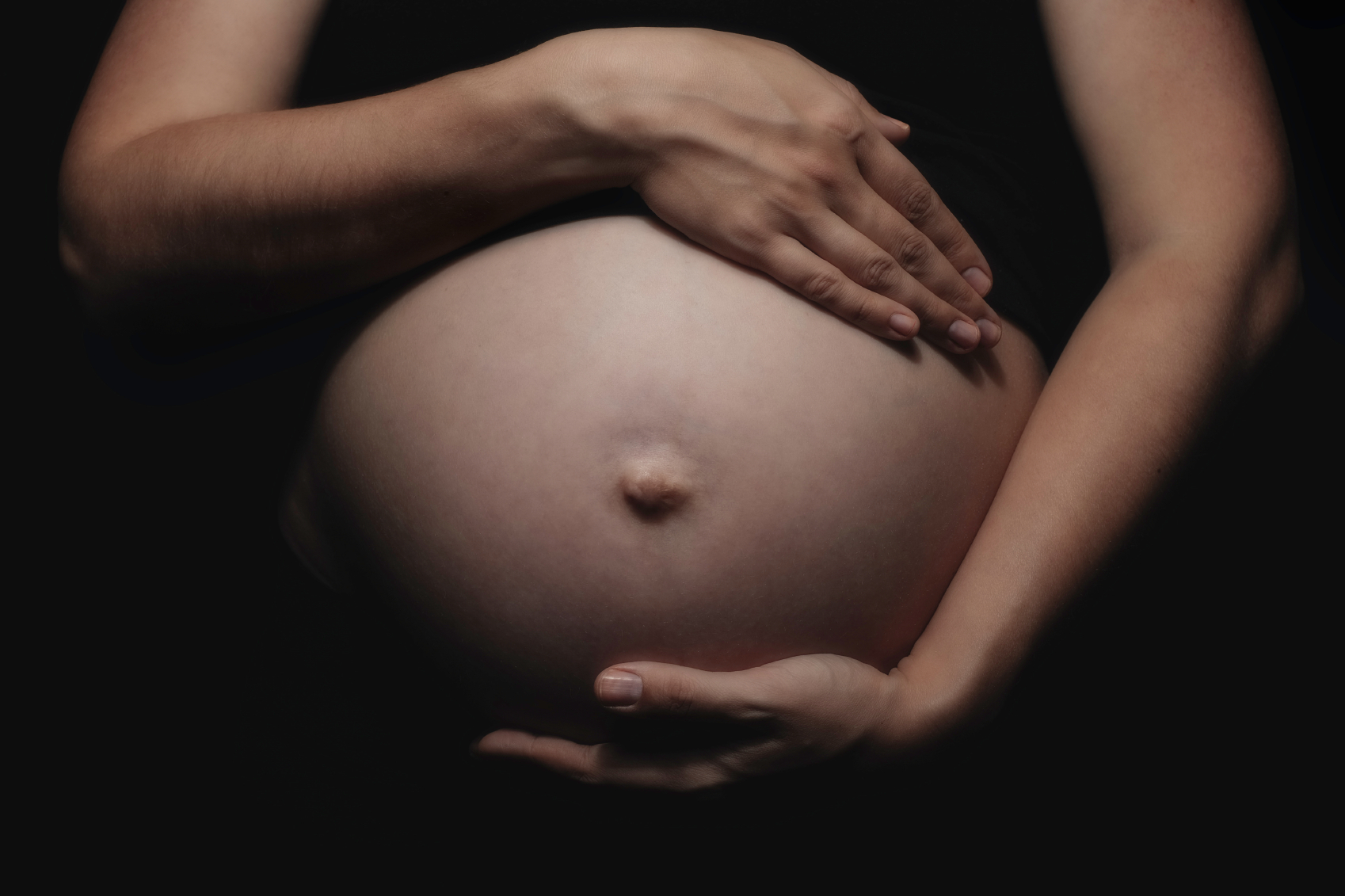On the occasion of the publication of Decision 129 by the French National Consultative Ethics Committee (CCNE), Professor Emmanuel Sapin, Head of the Department of Paediatric Surgery at Dijon Children’s Hospital, laments the fact that “changes in society” are encouraging some “to bring non-therapeutic approaches into the scope of scientific progress”. Yet this progress was primarily aimed at “treatment for diseases and the medical art of alleviating suffering”.
He recalls that, regarding medically assisted reproduction, “the current law can compensate for the infertility of a living heterosexual couple of child-bearing age or allows access to it to avoid transmitting a particularly serious disease to the child”. Introducing an option to use it outside the pathological framework “changes the very concept of medically assisted production. In this instance it is all about giving a person something that they cannot obtain naturally (and not because of pathological infertility). We are entering the logic of an artificially augmented human, beyond the natural human, as opposed to the treated human”. The professor goes on to explain that “increasing human capacities beyond what is naturally feasible, augments the body per se. To affect the body by allowing it to go beyond its natural capabilities is a step towards creating a human machine, transforming that person into a kind of cyborg”.
He is concerned that equity, one of the founding principles of ethics cited by Childress and Beauchamps, which arises from “a fair distribution of resources (financial and time spent)” is synonymous with overkill: “Allocating resources for an application that goes beyond the target therapeutic domain and alleviation of disease-induced suffering detracts from the application and financial investment that must be devoted to patients. This reflection also applies to surrogacy”. This practice is denounced by the practitioner because the exchanges between mother and child during pregnancy have an indelible impact on the child: “A child born through surrogacy is already marked by a life—rich, or more often poor—thrust upon by a pregnant woman who does not want the child, who can be said to be neutral, and we all know the repercussions of a neutral approach in childhood on that child’s emotional development in particular”.
Emmanuel Sapin regrets claims focusing on the “right to have a child” when “life is a gift we receive and not an entitlement that can be demanded and controlled”. As far as he is concerned, “It is unwise to break ties with nature […]”. He goes on to say that: “Legislating in this way in response to individual concerns will lead us to forget our concerns for the common good, which should be the aim of policy”. The dizzying heights reached by technological progress require reflection. We have to take a step back to avoid being dragged into finding short-term solutions”. He urges: “Let’s stay true to the perspective of the treated human. Ignore the concept of the augmented human”.
Le Figaro (25/09/2018)

